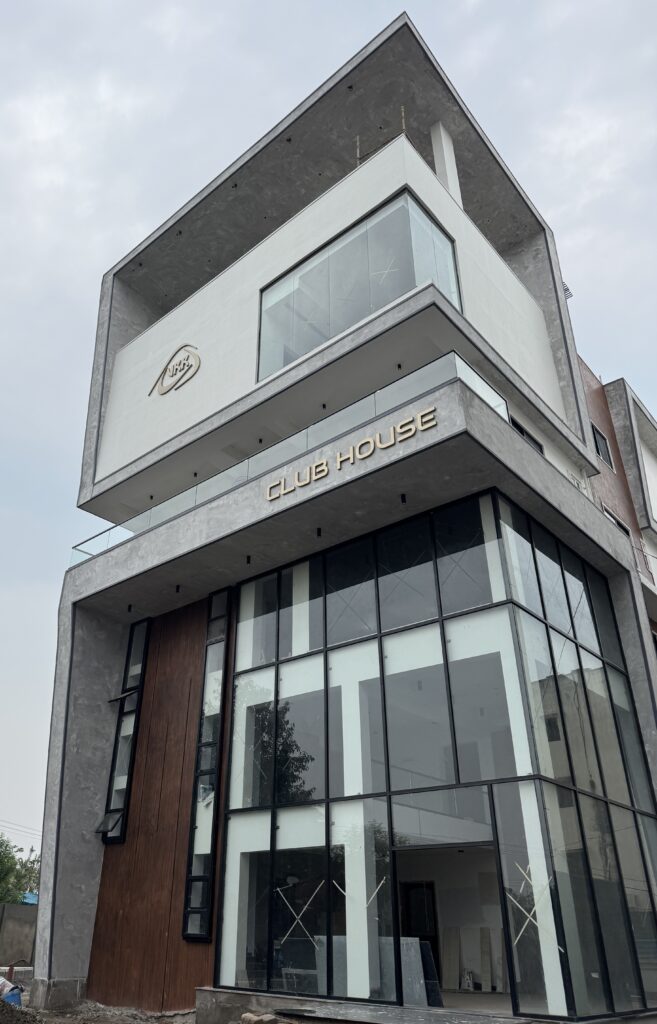Investing in property in India while living abroad is a smart way for NRIs (Non-Resident Indians) to stay connected to their roots and grow wealth. Applying for NRI loans in Vijayawada can be complex, with varying banking regulations, documentation needs, and property rules.
The good news? Most challenges are manageable with the right knowledge and preparation. In this blog, we’ll explore the common hurdles NRIs face and actionable strategies to overcome them.
Challenge 1: Understanding Eligibility Criteria
Many NRIs assume that owning property in India automatically makes them eligible for loans, but banks have specific rules:
- You must be an NRI or Person of Indian Origin (PIO).
- Age limits generally range between 21–60 years.
- You must have a stable income abroad, either as a salaried employee, business owner, or self-employed professional.
- A good credit score and history is often required in abroad along with in India.
How to Overcome:
✅ Work with experts like Lendly who understand each bank’s eligibility criteria.
✅ We ease the documentation process and guide to improve credit history & score.
Challenge 2: Understanding Foreign Income and Tax Implications
One of the biggest hurdles for NRIs is how banks view their overseas income and tax obligations. Lenders want to ensure that your foreign earnings are stable, legally compliant, and sufficient to cover EMIs. Misunderstanding tax rules, remittance limits, or reporting requirements can lead to loan delays or even rejection.
How to Overcome:
1. Organized records: Maintain clear records of your foreign income and tax payments. This includes salary slips, foreign tax returns, and other equivalents.
2. Use NRE/NRO accounts: Regular transfers from your overseas income to India demonstrate stability and repayment ability.
3. Seek expert guidance: Lendly can help you present your foreign income in a way banks understand, increasing approval chances.
Challenge 3: Understanding Loan Terms & Interest Rates
NRI loans differ from regular home loans in several ways. Banks may offer different interest rates, processing fees, and repayment options.
How to Overcome:
- Understand Prepayment & Foreclosure Conditions:
Many banks now allow flexible prepayment or foreclosure options, helping you close your loan sooner and save significantly on interest. Always review these terms carefully as it’s one of the smartest ways to reduce your total loan cost. - Know the Rules for Loans on Commercial Property Under Construction:
Some banks may have specific guidelines for loans on under-construction commercial properties. Knowing these in advance helps you prepare the right documents and choose a lender that supports your investment goals.
Get expert guidance: Lendly can help structure the loan to optimize interest costs, repayment tenure, and compliance with bank policies.
Challenge 4: Restrictions on Certain Property Types
Not all commercial or residential property loans are available to NRIs. For example:
- Loans against vacant commercial property may be allowed.
- Loans against occupied commercial property may be restricted.
How to Overcome:
Know which property types are eligible for NRI loans. Lendly can guide you to structure your application around bank policies, ensuring your property qualifies for the right financing.
Challenge 5: Managing Repayment From Abroad
Repaying EMIs while living overseas can be tricky due to currency conversion, banking delays, and fluctuating foreign exchange rates.
How to Overcome:
- Use NRE/NRO accounts in India for smooth fund transfers.
- Automate EMI payments where possible.
- Consider currency hedging if repayment is linked to foreign currency.
Challenge 6: Execution GPA by NRIs in Abroad
For NRIs living overseas, executing a GPA (General Power of Attorney) can seem complex due to embassy verification and notarization requirements.
How to Overcome:
- Lendly helps you prepare the GPA draft exactly as per your bank’s approved format.
- Our team guides you through the attestation process at the Indian Embassy or Consulate in your country.
- Once attested, we assist in coordinating the registration process in India, ensuring your documentation is legally valid and your loan process continues without delays.
Challenge 7: NRE/NRO Account Opening Process
An NRE or NRO account is essential for managing loan disbursement and EMI payments in India. However, the account opening process can vary from bank to bank.
How to Overcome:
- Lendly helps you select a bank that offers convenient online or video-based verification for NRIs.
- Our team provides a checklist to ensure all essential documents like passport, visa, overseas address proof, and employment details are in order.
- From application to activation, Lendly guides you through every step, making the entire process quick, compliant, and hassle-free.
Why Partner with Lendly for NRI Loans
Lendly helps NRIs navigate every step of the loan process:
- Understanding eligibility and bank policies.
- Preparing complete documentation.
- Comparing interest rates and structuring the loan efficiently.
- Ensuring hassle-free repayment and compliance with RBI guidelines.
With Lendly, you don’t just get a loan; you get a roadmap for investing in property in Vijayawada confidently and securely.
Applying for NRI loans in Vijayawada comes with unique challenges, but with preparation, proper guidance, and knowledge of banking regulations, these hurdles are completely manageable. Connect with Lendly today to structure a loan tailored to your property goals and financial profile.

